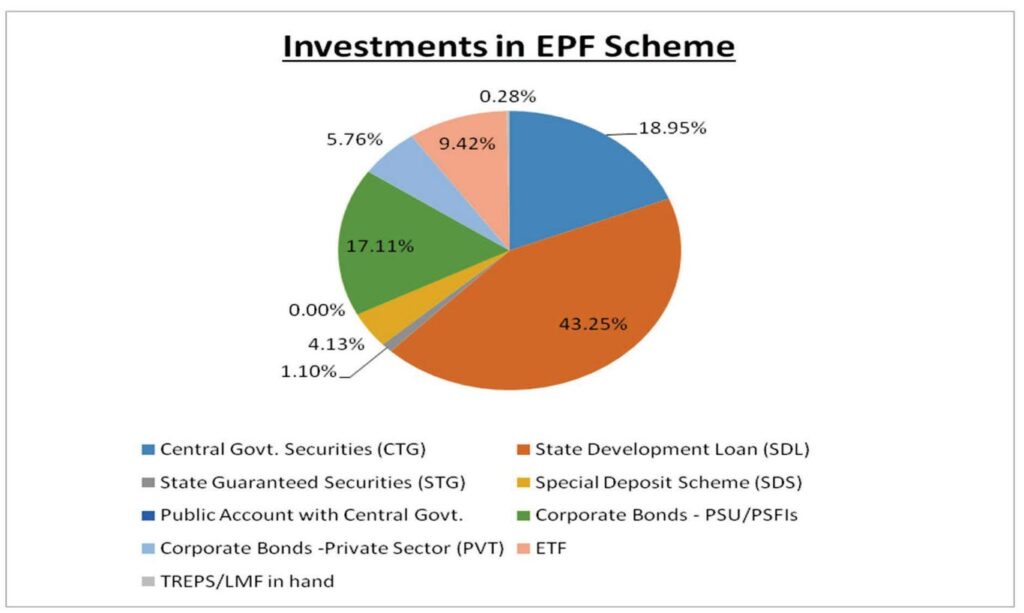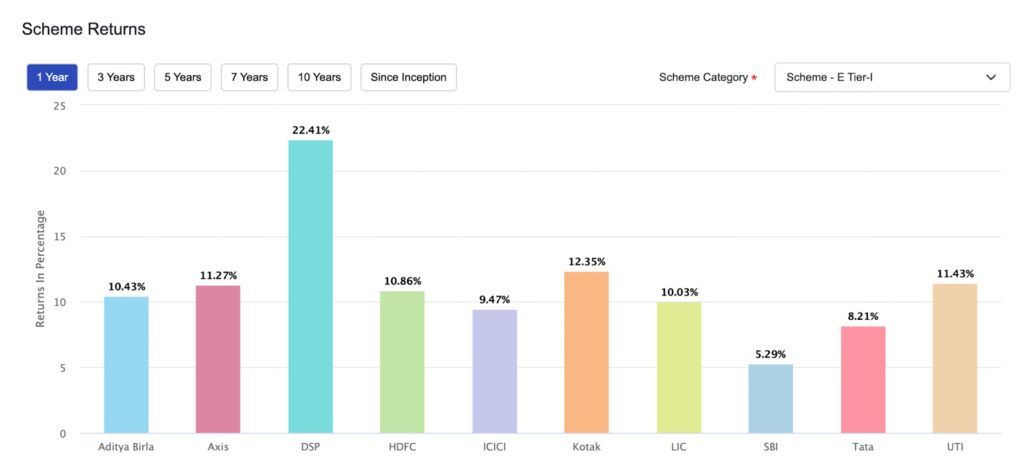
$550K Mistake Still Haunts Richmond: The Richmond Retirement System (RRS) has been caught up in a costly mistake that’s raising eyebrows across the country. Over the span of nearly a decade, the system mistakenly paid more than $550,000 in pension benefits to 44 retirees who had already passed away. Many of these overpayments haven’t been recovered, signaling deep issues in managing taxpayer dollars. In one eye-opening case, a retiree continued to receive nearly $250,000 in payments for seven years after their death. This isn’t just a financial slip-up—it’s a wake-up call for municipalities everywhere about the critical need for updated policies and efficient oversight. This comprehensive article breaks down what went wrong in the Richmond Retirement System, the steps being taken to fix the problem, and shares practical insights for cities, retirees, and taxpayers on protecting retirement funds.
$550K Mistake Still Haunts Richmond
The Richmond Retirement System’s $550K mistake spotlights a broader issue for cities managing pension funds. While the financial loss is significant, Richmond’s swift reforms offer hope and a path forward. Stronger technology, clearer policies, and diligent oversight mean better protection of taxpayer money and renewed public trust. Richmond’s case should serve as a cautionary tale and learning opportunity for municipalities nationwide—because when it comes to retirement funds, every dollar counts, and every safeguard matters.
| Topic | Details |
|---|---|
| Total overpayment to deceased | $554,661.50 over 9 years |
| Unrecovered amount | $415,660.76 (over 75% of total) |
| Number of deceased retirees | 44 |
| Longest overpayment case | Nearly $250,000 paid, 7 years after death |
| Last SOP update | May 2014 |
| Current corrective measures | New death audit system, weekly review meetings, SOP updates |
| % of pensions affected | Dropped from 0.06% (9 years) to 0.005% in the current fiscal year |
| City services impact | City budget pressures, risk to public services |
| Audit source | Richmond City Auditor Riad Ali |
| Official website link | https://www.richmondgov.com |
What Happened? Inside the $550K Mistake Still Haunts Richmond
The Richmond Retirement System is charged with managing the pensions of city employees once they retire. But from 2015 through early 2024, the system repeatedly sent payments to retirees who were no longer alive. A city audit revealed that RRS paid out $554,661.50 in overpayments to 44 deceased retirees, and about $416,000 of those funds are still missing.
One particularly striking case showed a retiree who died in 2015 but kept receiving pension checks for seven consecutive years, accumulating nearly $250,000 in improper payments.
The audit identified several systemic and procedural issues that led to this mess:
- The Standard Operating Procedures (SOPs) had not been updated since 2014, making them outdated in the face of evolving technology and regulations.
- Recent changes in privacy laws restrict access to death records, delaying timely updates necessary to stop payments.
- There was a general lack of management oversight to detect or correct overpayments quickly.
- The system lacked clear assignment of responsibility, so no team was effectively chasing down unpaid debts or notifying beneficiaries.
- The process of monitoring pension recipients for death was largely manual and slow, making accidental payments more likely.
A Closer Look at the Impact: What $550,000 Means for Richmond
While $550,000 might seem small in the scope of a whole pension fund, the implications are much larger:
- Loss of taxpayer money: These funds came from city revenue, meaning that money lost to overpayments could have gone towards essential public services like schools, roads, and public safety.
- Public trust erosion: When government agencies can’t manage funds properly, residents lose confidence in how their money is handled.
- Risk of fraud: Auditors flagged the lack of controls as increasing the risk of fraud or misuse of funds.
As Richmond—and many U.S. cities—faces significant pension obligations that strain budgets, every dollar lost threatens vital city services. In some cities, similar pension issues have led to painful cuts in library hours, staff layoffs, and deferred maintenance on critical infrastructure.
The Audit Findings: Where Did It All Go Wrong?
The audit, conducted by Richmond City Auditor Riad Ali, identified key weaknesses:
- Outdated SOPs: The last revision was in 2014, which didn’t account for technological advancements or changes in regulations.
- Lack of death record integration: Without real-time access to updated death records, the system continued issuing payments unaware the retirees had passed.
- Missed opportunities for recovery: Overpayments were not consistently tracked or aggressively pursued for collection.
- Insufficient staff training and accountability: Roles and responsibilities around overpayment detection and management were ambiguous or improperly assigned.
- Inadequate management oversight: Regular reports weren’t made or reviewed timely to flag large overpayments or systemic failures.
This led to the overpayment problem growing for years without effective intervention.

What Richmond Is Doing to Fix $550K Mistake Still Haunts Richmond?
After the audit, Richmond’s retirement system sprung into action to close the gaps:
- New death audit system: Implemented technology to better detect retiree deaths quickly by cross-referencing with government and third-party databases.
- Weekly overpayment review meetings: A dedicated process now tracks and addresses overpayment cases promptly and consistently.
- Updated SOPs: Procedures are under a thorough revision to clarify responsibilities, recovery steps, and reporting requirements.
- Staff training: Employees receive new training on data handling, privacy compliance, and overpayment management.
- Transition to Virginia Retirement System: New hires since 2023 are part of the state retirement program known for stricter controls and better technology, reducing future risk.
Initial results show a significant improvement: the rate of payments to deceased retirees dropped from 0.06% of total pensions to just 0.005% in the current fiscal year.
How Pension Mistakes Occur: The Common Causes
Missteps like this happen in many places for several reasons:
- Legal and privacy hurdles: Laws to protect individual privacy sometimes limit access to timely death records.
- Manual reporting systems: Older systems without automation are prone to human error.
- Organizational clarity: Without clear ownership of the process, tracking deceased retirees and recovery gets lost.
- Communication gaps: Families or estate representatives don’t always report deaths immediately, and pension systems might not routinely confirm.
- Limited use of technology: Not using available death audit services delays detection of errors or fraud.
Practical Advice: How to Prevent Overpayments and Fraud
For City Retirement Systems
- Automate death record cross-checks: Use Social Security Administration databases and third-party verification services regularly.
- Regular audits: Schedule frequent independent checks to detect errors early.
- Clear SOPs: Assign explicit responsibility for overpayment detection and collections.
- Management reporting: Ensure pension boards and city managers receive detailed, timely reports on payments and anomalies.
- Staff training: Keep employees up-to-date on best practices, software use, and compliance rules.
For Retirees and Their Families
- Notify immediately: Report retiree deaths in writing to the pension system alongside proof.
- Review account statements: Check pension payments regularly for any unusual activity.
- Use electronic notifications: Opt for paperless statements and alerts to spot errors fast.
- Beware of scams: Fraudsters can exploit pension payments; never share personal info without verification.
- Communicate with estate handlers: Keep open contact lines with pension offices during estate settlements.

What This Means for Other U.S. Cities?
Richmond is far from alone. Across America, public pension systems grapple with similar challenges balancing privacy, data integrity, and fiscal responsibility. Cities that incorporate improved technology, clear policies, and independent audits fare better in safeguarding pension assets.
Richmond’s experience serves as a roadmap and reminder: routine oversight and updated methods are essential to protect public funds and maintain community trust.
Expert Commentary
Richmond City Auditor Riad Ali voiced concern about the “increased risk that fraud occurred” due to control weaknesses, emphasizing a need for improved internal checks.
Financial experts highlight the important role of pension funds in city budgets, with mistakes adding pressure on services vital to residents. Effective, transparent governance of these funds is key to sustaining community prosperity.










